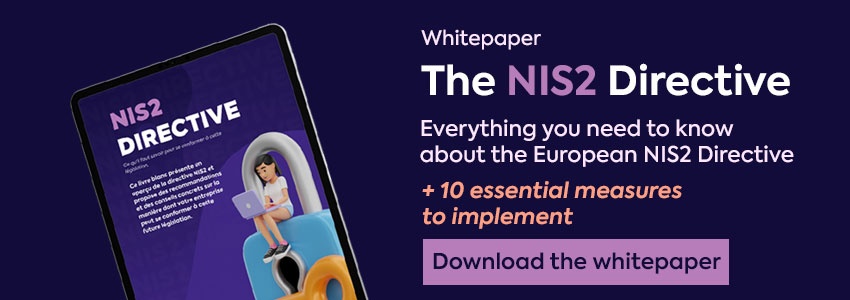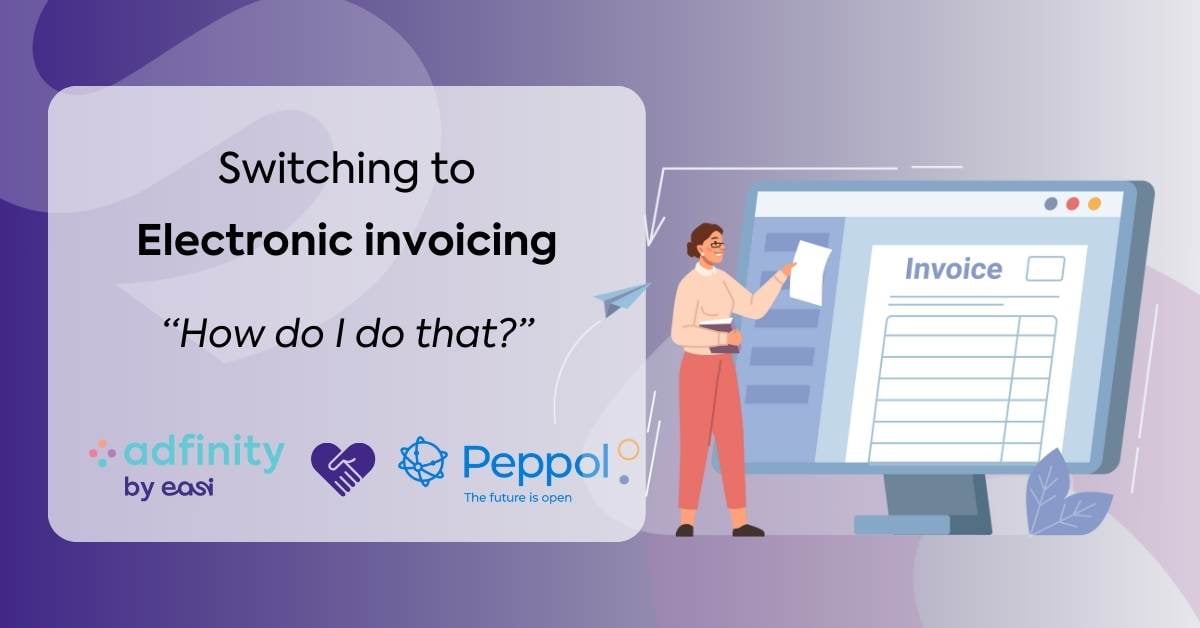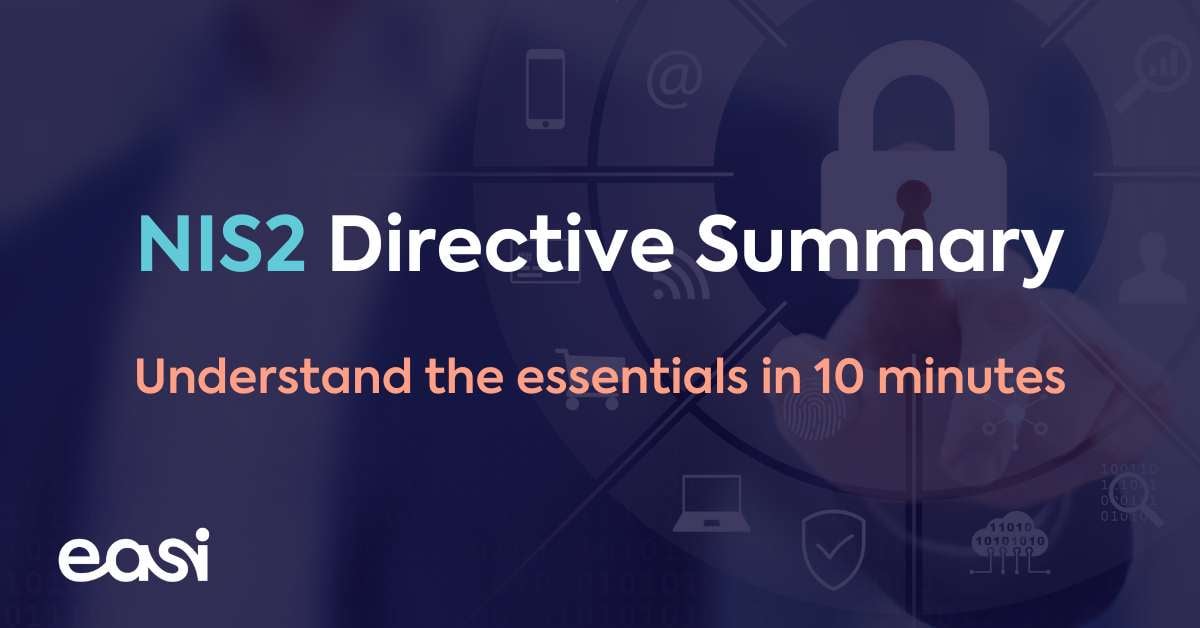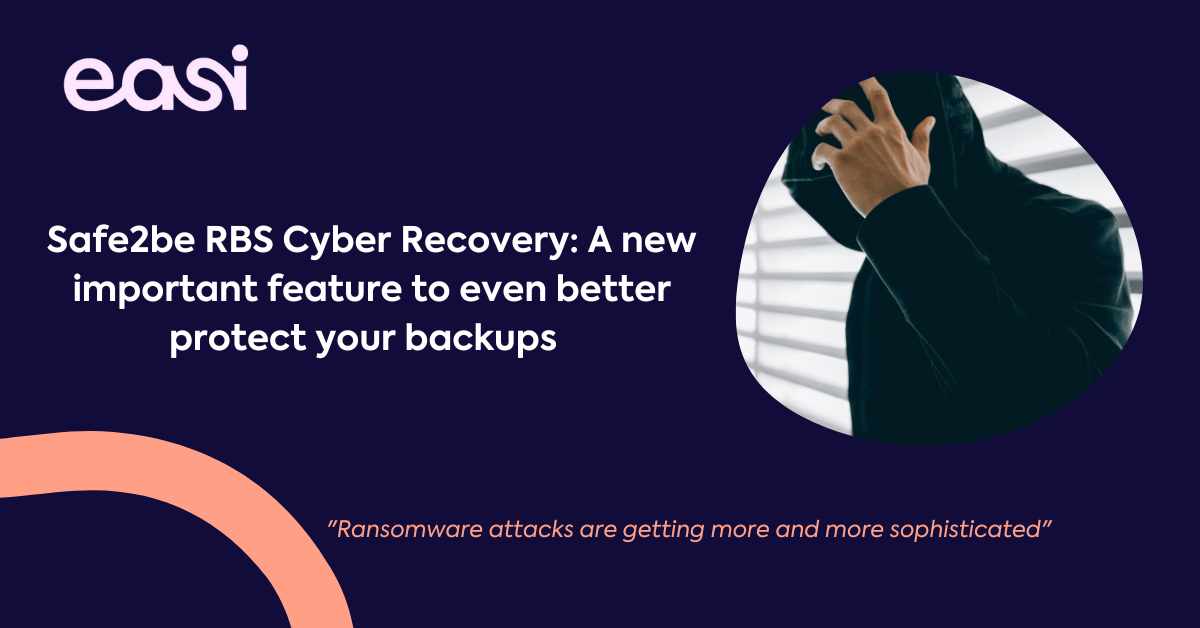What is the security situation at your home office? Do we have the same level of security at home office as we do when we are in the normal work location? Read on to find out.
The number of people working from the home office has tripled since the beginning of the coronavirus crisis. 46% of Belgian employees regularly work from the home office.
"The world is changed." A starting quote from the 2001 movie "The Fellowship of the Ring".
The same applies for home working: It is here to stay in one format or another. And this is all because of the worldwide pandemic called Covid-19. Employees leave their familiar, safe office cocoon and perform their daily duties from the home office. Employers and employees should take appropriate measures to guarantee that home working is as safe as working from the office. Here are some guidelines.
1. What computer am I using?
It is to be expected that a computer from your employer is protected against cyber-attacks, but let's not take this for granted. If you are using your private computer to do your duties, how well protected is this computer against cyber-attacks?After all, if your computer gets infected and you connect this computer to your corporate network, this corporate data might also get infected. And what about your home WiFi network? Are you sure it is properly protected and configured?
Check with your company if there is a security policy that explains how to securely work from home. If your company does not have such a policy, well then I think it should be a priority to create one.
2. Your password is ... yours.
Bad password management is still the biggest source of computers getting infected. The impact of one computer getting infected might be minimal, but a whole company getting infected is most likely catastrophic.
Neglecting your password hygiene is a bad and unsafe practice. Your password can be compromised in many ways, and hackers like all of these techniques (Brute force attack, credential stuffing, hash cracking, ...). Here are my essential life-saving tips:
- Use a strong password. Don't just nod, but please do it. You can check how easy or difficult it is to crack your password on https://howsecureismypassword.net/
- Never reuse passwords. Do not use the same password for your work account and Facebook or Twitter. If one password gets hacked, hackers can attempt to use that password for other services. This is called credential stuffing.
- Take care when entering a password on a website that does not start with "https://". I wouldn't do it.
- Wherever possible enable two-factor authentication. Well known service like Facebook, Twitter, Gmail, Apple, and so on offer 2FA. Ideally your employer should do the same.
- Never tell your password to someone else.
- Apply the same security rules while home working as you do in the office.






